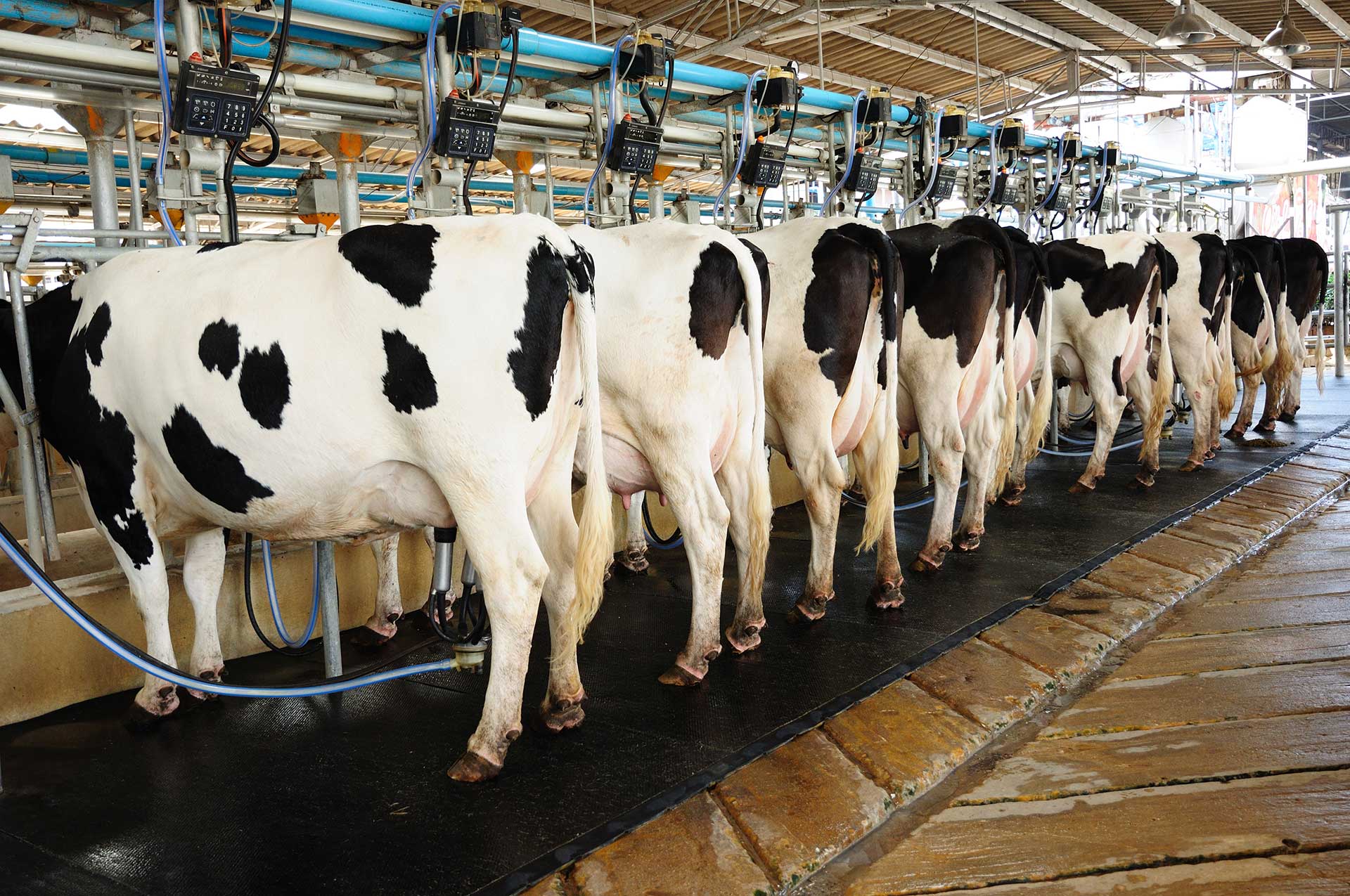Yogurt Viscosity Testing
Viscosity testing of yogurt is a critical component in quality assurance and product development within the dairy sector. This test measures the resistance of yogurt to flow, which helps ensure consistency across batches and maintains consumer satisfaction with the product's texture. Understanding viscosity allows manufacturers to optimize production processes and ingredient formulations.
Viscosity can vary significantly depending on factors such as temperature, pH levels, fat content, and the presence of stabilizers or thickeners. For instance, a higher viscosity indicates greater resistance to flow, which is often desirable in yogurt to provide a smooth yet creamy texture. Conversely, lower viscosities may indicate issues with product quality.
Accurate viscosity testing ensures that products meet customer expectations and regulatory standards. This service plays a vital role in maintaining brand reputation and market competitiveness by ensuring consistency in texture across different batches of yogurt. Viscosity is particularly important for premium brands where the texture can significantly impact consumer perception.
The standard method for measuring viscosity involves using a viscometer, which provides precise readings under controlled conditions. The test typically requires sample preparation involving homogenization and temperature control to ensure accurate results.
| Sample Preparation | Testing Procedure | Expected Results |
|---|---|---|
| Homogenize the yogurt sample at a specified temperature. | Measure viscosity using a viscometer. | Analyze the reading against standard acceptance criteria. |
The industry recognizes the importance of consistent yogurt texture, and this service supports that by providing accurate measurements. By ensuring that each batch meets the required viscosity levels, manufacturers can enhance their products' quality and reliability.
- Ensures consistency in product texture across batches.
- Enhances consumer satisfaction with a predictable eating experience.
- Maintains compliance with industry standards for dairy products.
In conclusion, viscosity testing is an essential tool for the dairy sector, particularly in the production of yogurt. By providing precise measurements and analysis, this service supports quality assurance efforts and helps maintain brand reputation. Accurate viscosity testing ensures that each batch of yogurt meets customer expectations and regulatory standards.
Why It Matters
The importance of viscosity in dairy products cannot be overstated, especially for yogurt where the texture is a key differentiator. Consistent viscosity ensures that every batch of yogurt provides a similar eating experience, which is crucial for maintaining consumer trust and brand loyalty.
Inconsistent viscosity can lead to quality issues such as separation or excessive settling, affecting both product stability and shelf life. This can result in higher waste rates during production and reduced consumer satisfaction once the product reaches the market.
From a regulatory perspective, compliance with industry standards is paramount. Many countries have specific guidelines regarding dairy products, including viscosity. Non-compliance can lead to legal consequences and damage to brand reputation.
Furthermore, understanding viscosity helps in optimizing production processes. By identifying the optimal conditions for achieving desired viscosity, manufacturers can enhance efficiency and reduce costs. This includes minimizing wastage by preventing over-thickening or under-thickening of the product.
Consumers increasingly demand transparency from brands about their products' quality and safety. Providing accurate viscosity measurements not only meets these demands but also helps build a positive brand image. This is especially true for premium brands where texture plays a significant role in the overall consumer experience.
Benefits
The benefits of yogurt viscosity testing extend beyond just ensuring product quality and consistency; they encompass numerous aspects that contribute to overall business success. By providing accurate measurements, this service supports compliance with industry standards, which is crucial for avoiding legal issues and maintaining a reputable brand image.
Consistency in product texture not only enhances consumer satisfaction but also reduces waste during production. This leads to cost savings and improved operational efficiency. For premium brands, consistent viscosity ensures that the product meets customer expectations, thereby boosting market competitiveness.
The service supports quality assurance efforts by offering precise measurements under controlled conditions. This helps manufacturers identify potential issues early on in the production process, allowing for corrective actions before they affect large quantities of products. Early detection can prevent costly recalls and associated reputational damage.
From an operational standpoint, this service enables better resource allocation. By understanding viscosity requirements upfront, manufacturers can optimize their processes to meet these needs effectively. This includes selecting appropriate ingredients or adjusting production temperatures to achieve the desired texture without compromising on other quality parameters.
In summary, yogurt viscosity testing brings multiple advantages to dairy producers. It ensures compliance with regulatory standards, reduces waste and costs, enhances consumer satisfaction, promotes brand reputation, supports early issue identification, and optimizes resource use. These benefits contribute significantly to achieving long-term business success in the dairy industry.
Industry Applications
| Application | Description |
|---|---|
| Dairy Product Quality Control | Ensuring consistent texture across batches. |
| R&D Optimization | Identifying optimal conditions for achieving desired viscosity. |
| Brand Reputation Management | Maintaining a positive image through consistent product quality. |
The dairy industry relies heavily on accurate viscosity testing to ensure that its products meet both internal and external expectations. This service is particularly relevant for companies involved in the production of yogurt, where texture plays a crucial role in consumer satisfaction. By leveraging this expertise, manufacturers can enhance their reputation and competitiveness within the market.
- Supports compliance with industry standards.
- Enhances operational efficiency by minimizing waste.
- Bolsters brand reputation through consistent product quality.
In addition to these applications, viscosity testing also aids in research and development efforts. By understanding how different factors affect viscosity, manufacturers can innovate new products or improve existing ones. This not only helps in meeting consumer demands but also opens up opportunities for expanding the product line into premium segments.





